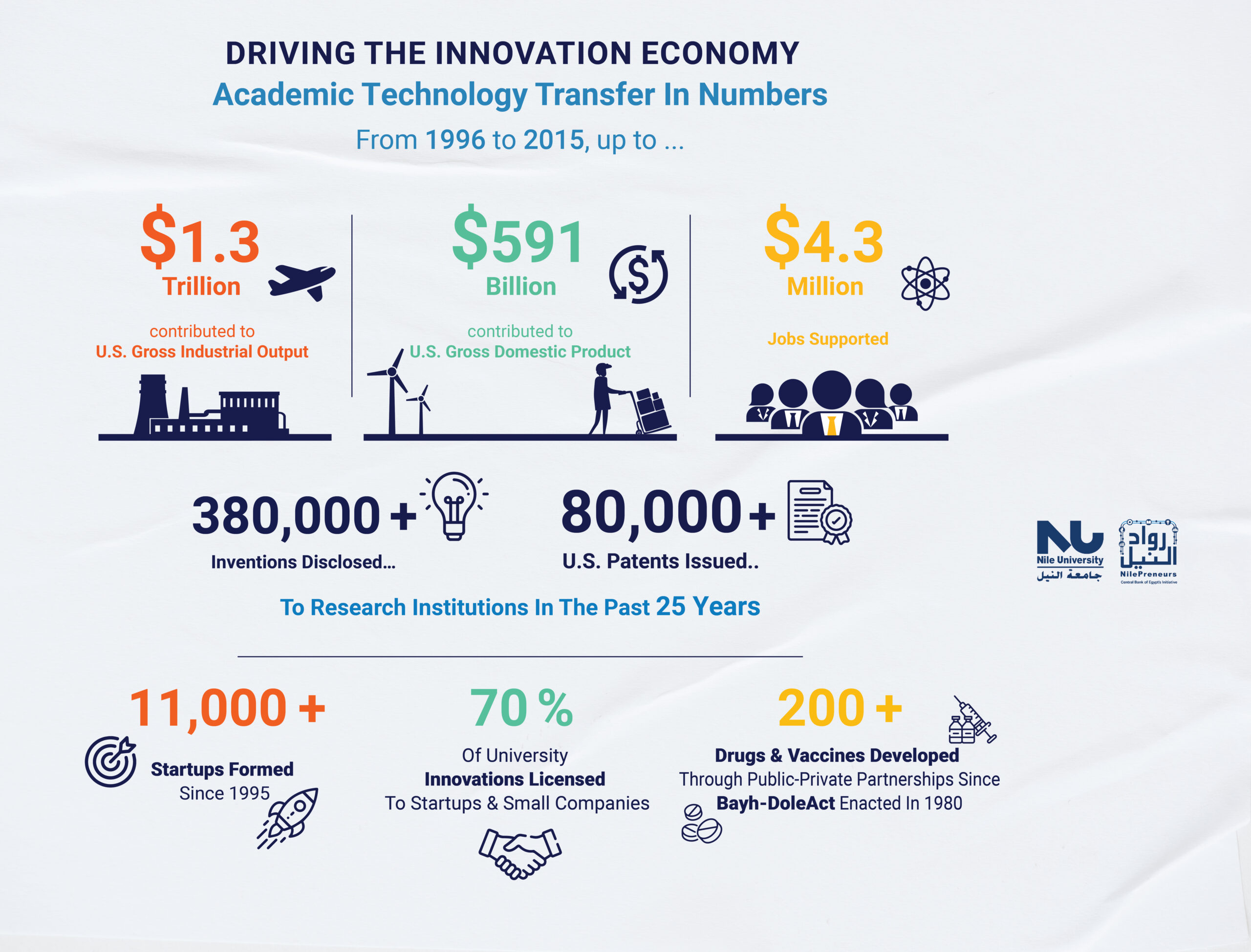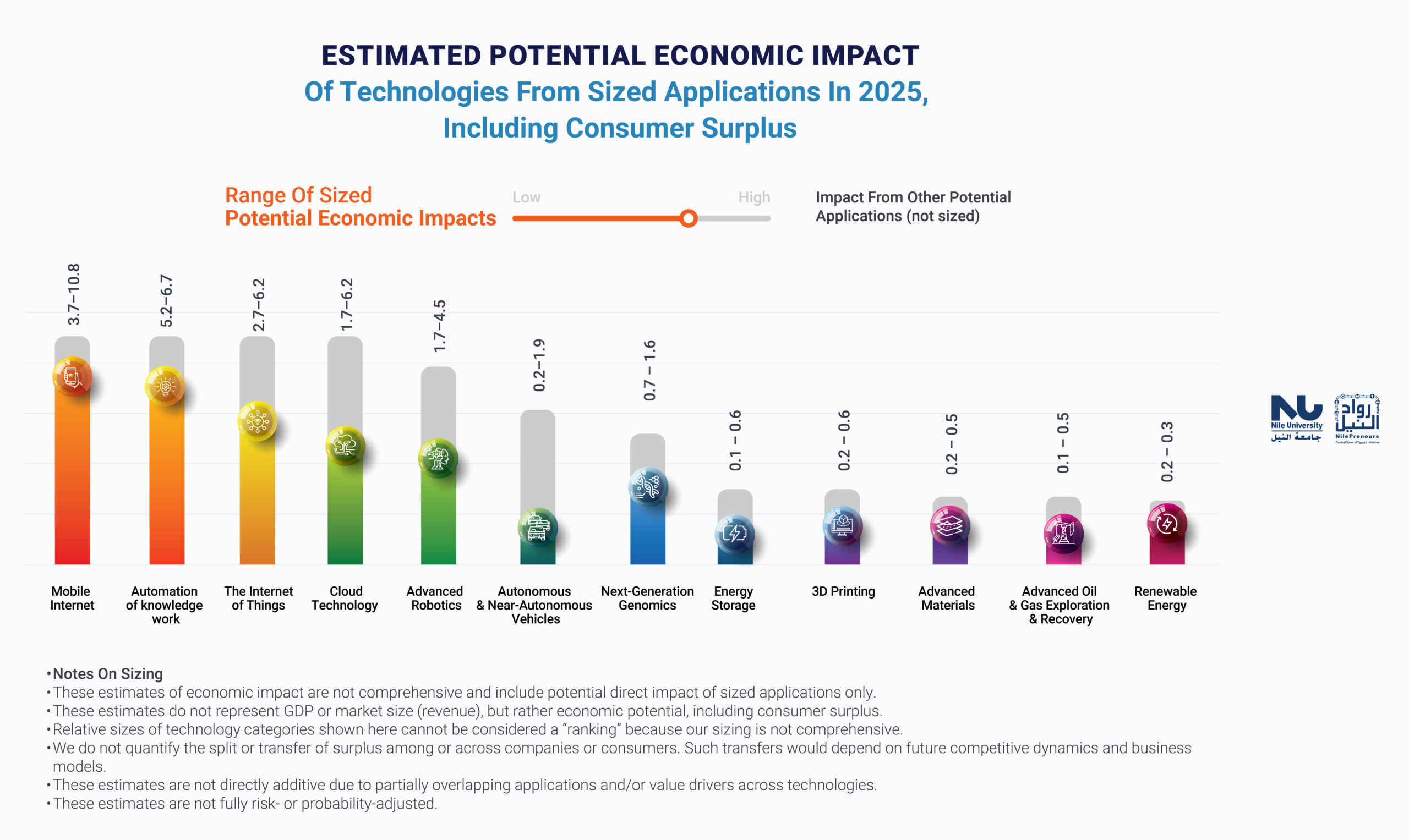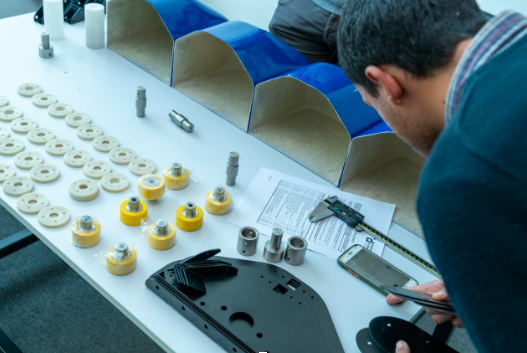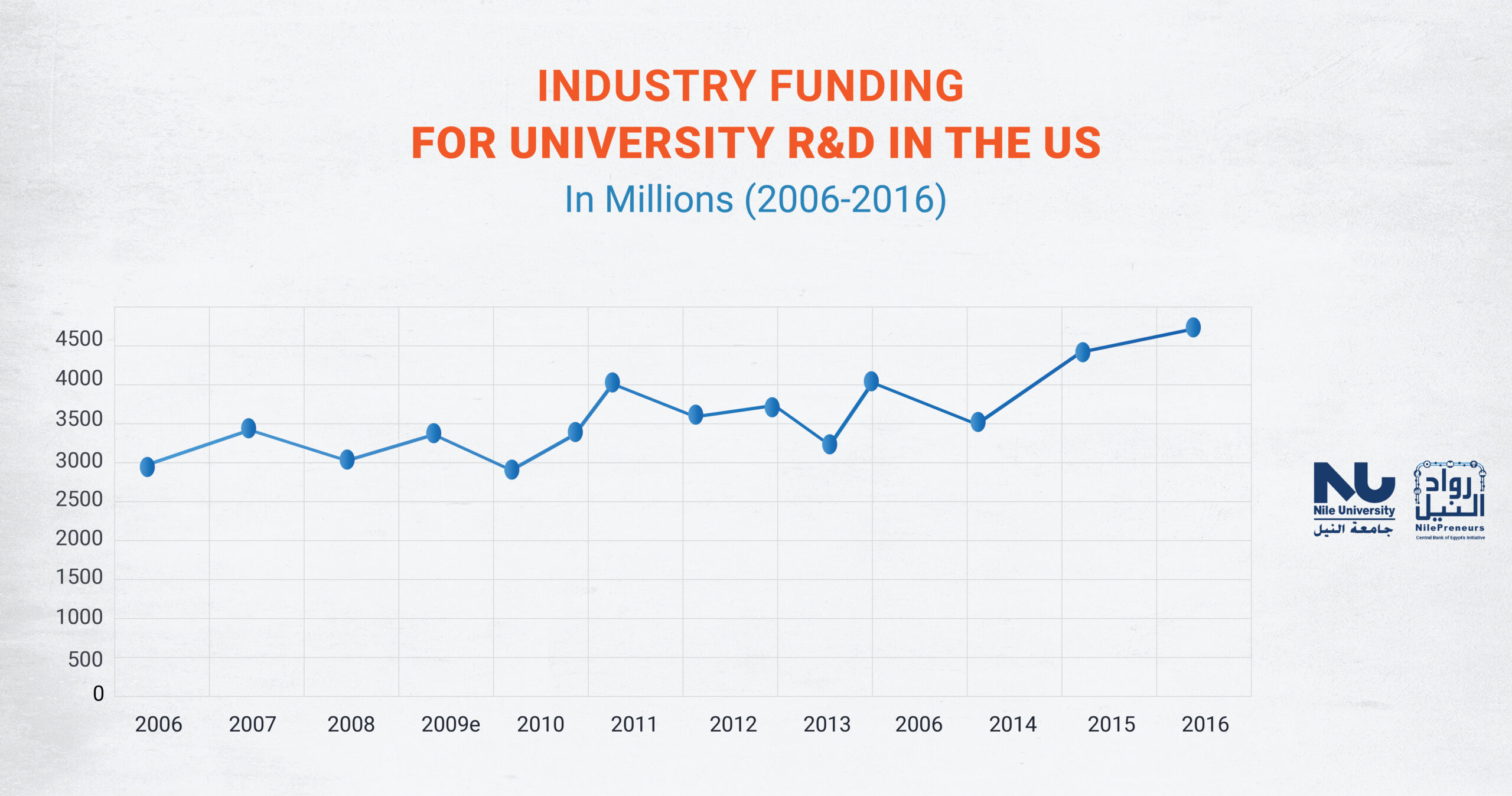There’s no assurance that technology will inherently serve society’s best interests. This underscores the primary responsibility for higher education institutions amidst the digital revolution. It falls upon universities to bridge the gap between the research world and the practical industry market for real societal & economic impact, and to support policy makers and economists who can chart the direction for a thriving economy based on technology & knowledge. University Industry Collaboration Offices play an important role in ensuring the pathway forward is designed with consideration for both people and technological advances, backing up industry & private sector with science & technology management tools and mastery for product development practices. And also showcasing to investors the tangible societal impact that will occur as a result of them backing up research-industry collaborations. Even sometimes, such research investment would come from industries themselves, for their own product uniqueness, usability & reliability.
Promoting Entrepreneurship
Universities are increasingly embracing entrepreneurship as an integral part of the academic journey, fostering environments where innovative thinking thrives. By 2017, over 200 colleges and universities had established centers dedicated to innovation or entrepreneurship as members of the Global Consortium of Entrepreneurship Centers.
Regardless of their field of study, students arrive at college with a desire to lead change in society through startups, social entrepreneurship, and other ventures they create. This same enthusiasm and drive are evident among faculty members & researchers, who now anticipate developing new technologies or participating in startups as part of their academic careers.
Universities are taking on an increasingly active role in fostering the entrepreneurial spirit. Through business incubators and accelerators, aspiring entrepreneurs are provided with essential resources, mentorship, and networking opportunities crucial for launching and scaling successful startups. This not only benefits the entrepreneurs themselves but also injects a surge of innovation and dynamism into various industries.
In an era where societal challenges, discoveries at the intersection of various disciplines, cultivating an entrepreneurial culture is among the ways universities serve as engines for economic growth. Notably, data from the Association of University Technology Managers (AUTM) in the US indicates that technology transfer from universities is assuming an increasingly prominent role in economic development. The number of invention disclosures, a direct indicator of institutional impact on innovation, has been steadily rising over the past five years, reaching 25,825 in 2016.

Powering the Engine of Industry Acceleration
Innovations in automation, the digitization of information, widespread access to data, and the democratisation of knowledge are revolutionizing various sectors of our economy, from healthcare to e-mobility to AgriTech to BioTech to energy, and more. The extent, magnitude, and pervasiveness of these changes are unparalleled.
As per recent findings from “Disruptive technologies: Advances that will transform life, business, and the global economy” by McKinsey, a suite of technologies, such as genomics, energy storage, and automation, are poised to catalyze significant economic and societal shifts in the coming years. Projections suggest that by 2025, these emerging technologies could yield an economic impact ranging between $14 trillion and $33 trillion annually, potentially comprising one-third of the global GDP.

As we adapt to this technology-driven economy, universities must undergo a transformation at a pace previously uncharted in higher education. While upholding our fundamental mission of educating the future generations and fostering new realms of knowledge, universities must also acknowledge our expanding responsibility in fostering innovation and fueling economic growth. Our universities must confront the challenges posed by the digital revolution directly and assume a progressively vital role in our innovation ecosystems and economies.
Promoting Collaboration with the Private Sector
In today’s fiercely competitive environment, universities are compelled to establish fresh alliances with prominent corporations, foundations, and other research-oriented entities. These partnerships transcend the simple transfer of knowledge from the laboratory to real-world applications, and product-launch readiness. They provide vital financial backing for proficient faculty and students to undertake foundational research, foster the exchange of ideas between students and faculty with leading minds both within and beyond academia, and, significantly, equip students with the skill sets demanded by the evolving job market, thus enabling them to navigate the complexities of our ever-changing world.
Corporations are increasingly recognizing the substantial value and returns provided by such collaborations. According to data compiled by the National Science Foundation in the US, industry funding for university research and development has exhibited an average annual growth rate of over 5.5% over the past decade, increasing from approximately $2.4 billion in 2006 to over $4.2 billion in 2016.
What lies ahead for work in this new era for the University Industry Collaboration office?
With understanding and responsibility, Nile University’s team of knowledgeable experts and industry practitioners come together under the University Industry Collaboration Office (UIC) , developing practical & marketable solutions particularly in areas like the Internet of Things (IoT), BioTech, AI & Manufacturing.The UIC Office accelerates innovation by addressing real-market challenges as well as nurturing talent pipeline and foster partnership between academia & industry. The University-Industry Collaboration (UIC) Office serves as a dynamic hub, dedicated to a mission of driving innovation, knowledge transfer, and economic development.
Nile University’s UIC approach is practical & solution oriented, targeting industry support with new products’ development, design and prototyping. The UIC also provides re-engineering of existing products through dedicated product management teams who are committed to delivering high-quality, scalable solutions. The UIC is working to ensure both science & technology researchers, industries & businesses have the tools and knowledge they need to integrate their work and gain access to innovation-based R&D funds, transitioning to the knowledge economy.
The office is responsible for overseeing, coordinating, and strategically managing internal research and development (R&D) projects, ensuring their seamless execution and alignment with the Nile University’s strategic objectives as an entrepreneurial university.
Connect with Nile University UIC: https://np.eg/university-industry-collaboration/





